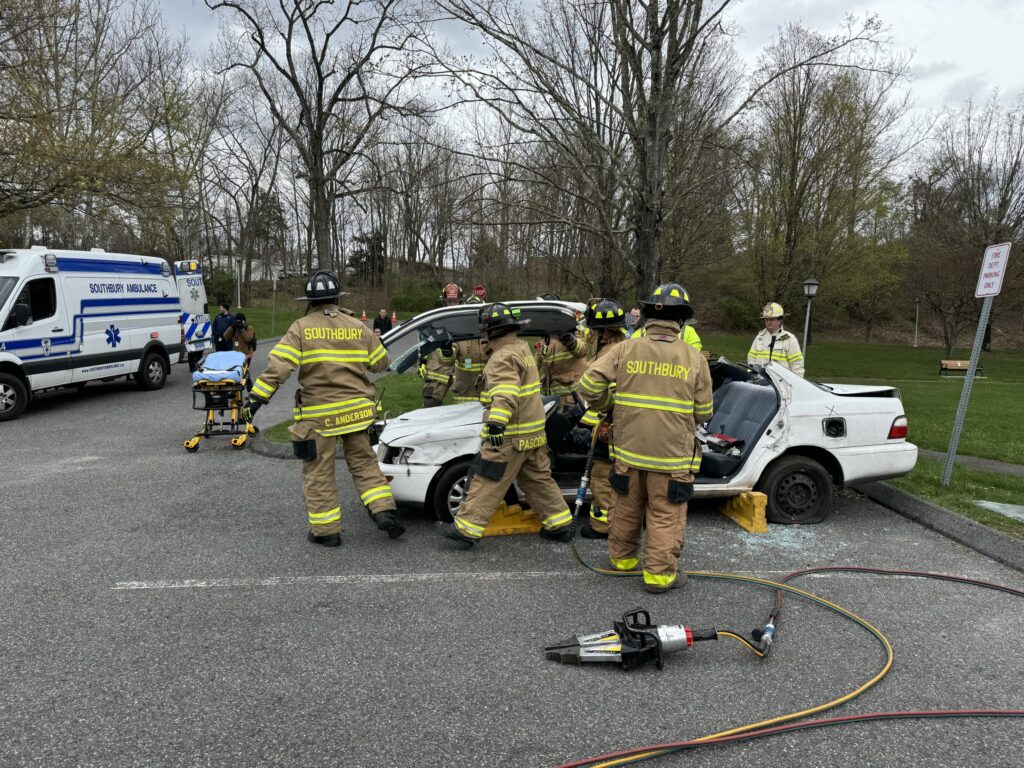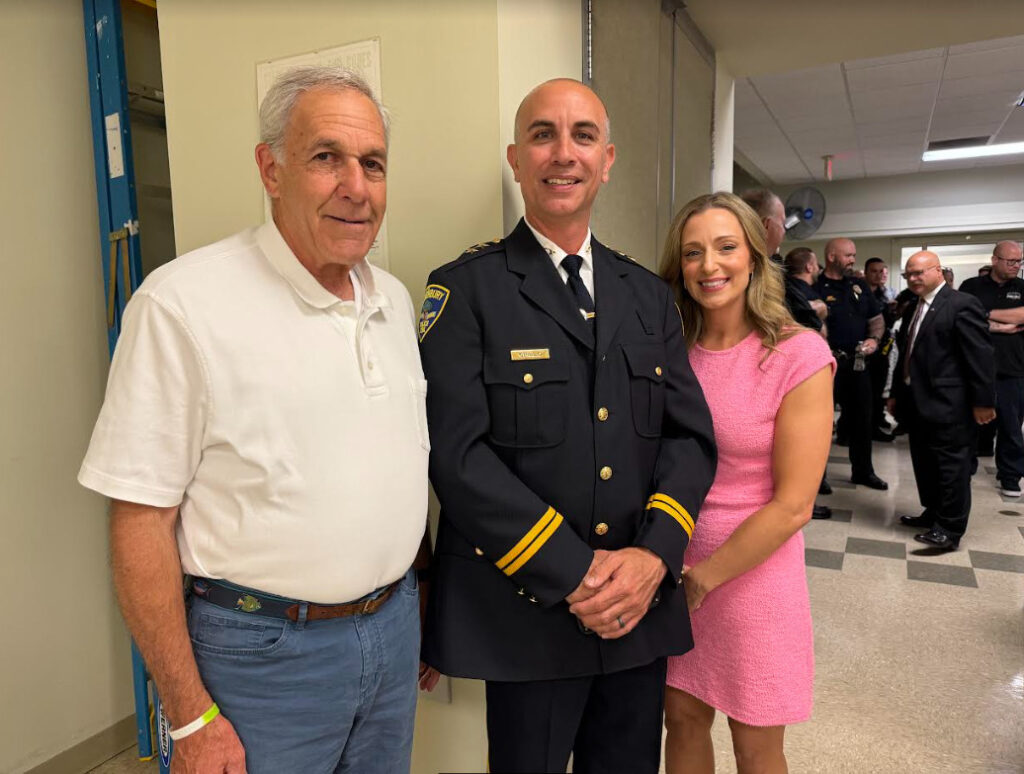
Everyone is concerned about their personal safety. They look to elected officials to be prepared and proactive about public safety. The concept of what is covered by public safety has expanded over the past decades. That is one reason why, in 2011, Connecticut changed the name of the department to Emergency Services and Public Protection from the Department of Public Safety. I have been an advocate for using best practices, including new technology, to address all aspects of public protection.
The 69th District (most of Southbury, Roxbury, Bridgewater and part of New Milford) is a relatively safe area as shown by annual statistics. However, we are always subject to the world around us including natural disasters and individual perpetrators.
Below I describe my prior experience and outline the areas of improvement that I will prioritize as your representative.
Emergency Response Experience
One of my corporate responsibilities when I was in Public Affairs Department of ExxonMobil Corporation was Emergency Response Planning. This included developing procedures and conducting emergency response drills – both tabletop and onsite exercises. I became convinced of the importance of exercises as a way to imagine unexpected scenarios and to build the necessary teamwork that is needed in an emergency.
As Executive Director of the Pomperaug River Watershed Coalition, I organized a mutli-town and multiple agency day-long exercise to simulate how we would respond to a multi-year drought. Few were aware that the region had a devastating drought in the early 1960’s. All the participants agreed it was a very useful exercise and an opportunity for developing a shared understanding of our critical water resources.

After my election as First Selectman of Southbury in 2011, I immediately began work to redirect resources to emergency planning and management. My campaign had brought attention to the need to forge better relations with the region and State emergency planning organizations and improve how we communicate with the public during an emergency. It was clear to me that the public was demanding more from their government to respond to and to mitigate the impact of emergencies like large snowfalls or flooding, especially when it was combined with a long power outage.
When I arrived, Emergency Preparedness was one police officer’s responsibility with only 10 hours per month allocated to the task. Our plans were out of date. I reallocated existing resources to move that responsibility to a dedicated person. The town began to do annual response exercises with affiliated organizations like Region15, Fire and Ambulance sevices. For the first time “after-action” reports were completed so that we could learn from our experiences in responding to emergencies. Southbury now has a full time Emergency Response manager.
Police Procedure and Technology
As First Selectman, I questioned why none of the Southbury police cars had decals to show they were police vehicles. I was told that this allowed the cars to be “undercover” and that it was too expensive. When I questioned this long-standing conventional wisdom, I realized it made no sense. First of all, community policing means that you show the public (and perpetrators) that the police are present in our neighborhoods. The cost of identifying the vehicles was only $1,000 per vehicle. I quickly worked to get all vehicles decaled (with the exception of one for undercover work). Today all police vehicles are appropriately identified.

When it came to new vehicles, I began to question why only one vehicle was an SUV and all others were “pursuit” vehicles. By then, most police forces had realized that high speed pursuits are best left to the movies and not useful in real life where innocent bystanders can be harmed. And with advanced technology, there are better ways to track and capture criminals. Meanwhile, vehicle interior space became an issue as we began to convert police vehicles into remote offices with computers and other electronics plus requiring them to carry more first responder equipment. We soon switched over to only ordering SUV’s when replacing police vehicles.
Similarly, when it came to expanding the number of vehicles equipped with dashboard cameras, I questioned how effective they were for the police work being done in our community. When I learned about body cameras, I concluded that they were more appropriate for our police work. Given the prevalence of domestic dispute cases, which happen in homes and not out on the street, the body camera would be able to protect the police officer from allegations of inappropriate behavior when responding.
Looking to the Future
As a legislator, I will be focused on making sure our State’s emergency preparedness is fully funded and conducting periodic exercises that include municipalities and related organizations like Fire and Ambulance associations.
The Center for Disease Control and Prevention has identified extreme heat as a significant health risk given the changing climate. Throughout the country (and world), records are being set for extreme heat duration that has cost lives. The CDC recommends having a Heat Response Plan. To the best of my knowledge, our State does not have a comprehensive Heat Response Plan. Nor do any of the Towns in the 69th District. I will champion putting such events into emergency response plans and to conduct exercises to test these plans.
In my campaign literature, I have always stressed the need for accountability as a key value. In 2020, a Police Accountability Bill was passed by Connecticut. There were many, including the police unions, who said this would undermine our police officers or showed a lack of support for the police in Connecticut. Nothing could be further from the truth. Accountability is key to good governance (public or private). When police officers who act inappropriately are not help to account, that is when proper policing is undermined.
Having said that, there are difficult situations that police are asked to respond to that require other skills. As legislators, we need to make sure we are asking police officers to do police work and funding people with other skills to address non-police issues that are a threat to public safety.
As a representative from the 69th District, I will use my experience and my commitment to being pro-active to make sure Connecticut is second to none when it comes to fostering cost-effective and appropriate public protection.
Love the way you are displaying what “accountability and transparency “ look like in action.. you have earned my and my independent husband’s vote, sir. Keep up your excellent communicating.